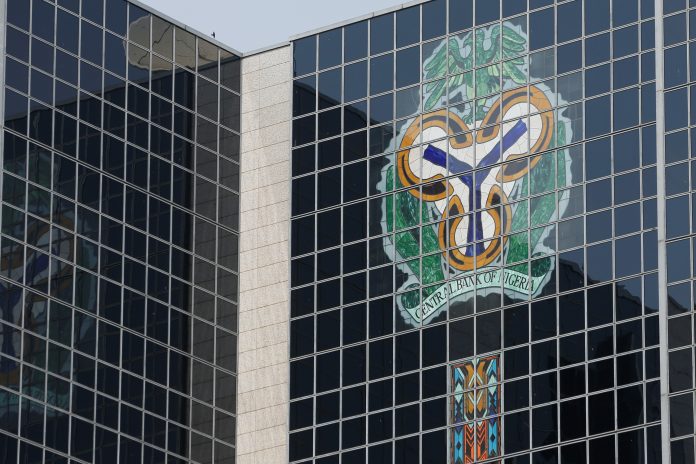BUSINESS
Inflation: Experts task CBN on flexible exchange rate

Financial experts have urged the Central Bank of Nigeria (CBN) to adopt a flexible foreign exchange rate regime and address the food insecurity triggering inflationary rate in the country.
They said this in separate interviews with our reporter on Tuesday in Lagos.
Dr Muda Yusuf, the Chief Executive Officer, Centre for the Promotion of Private Enterprise, said the unstable foreign exchange rate regime was partly responsible for the rise in inflation rate.
“The monetary authorities should initiate a flexible exchange rate to ensure forces of demand and supply determine the real value of the currency.
“This approach is imperative because it will spur the inflow of foreign direct investment and enhance liquidity in the economy,” Yusuf said.
He noted that the CBN ways and means intervention was another factor triggering the inflation.
“The apex bank has voted about N20 trillion to fund the Federal Government deficit finances over time.
“This approach is used by the government due to the fiscal challenges, but it’s worsening the rise in inflation rate in the economy,” he said.
Also speaking, Mr Sunny Nwosu, the founder, Independent Shareholders Association of Nigeria (ISAN), attributed the rising inflation rate to food insecurity.
“The inadequate food produce caused by insecurity in many farming communities coupled with the increase in prices of petroleum products in recent times.
“The high cost of food produce is passed to the final consumers who is already overwhelmed with the tough economy,” Nwosu said.
He urged the Federal Government to check the inflation rate by supporting local industries to boost production.
Mr Titus Okurounmi, former Director of CBN, said the Federal Government should initiate a macro economic policies geared at enhancing productive sector.
Okurounmi added that the three tiers of government must put in more efforts to improve food produce so as to attain food security.
“The need to adopt more mechanised agriculture practice is imperative to enhance food supplies and reduce cost.
“The inflation rate driven by increase in food prices will begin to abate particularly basic staples,” Okurounmi said.
He noted that the Federal Government needs to expedite the completion of rehabilitated petroleum refineries to reduce the foreign exchange expended on imports putting pressure on the country’s external reserve.
It was reported that Nigeria’s inflation rate jumped from 20.77 per cent in September 2022 to 21.09 per cent in October 2022 as the country battles with soaring food prices.
The National Bureau of Statistics (NBS) revealed this in its Consumer Price Index (CPI) report for October.
It noted that food inflation was 23.72 per cent in October from 23.34 per cent in the previous month.
The CPI measures the rate of change in the prices of goods and services.
On a month-on-month basis, the headline inflation rate for October was 1.24 per cent, this was 0.11 per cent lower than 1.34 per cent recorded in September.
This means that in October 2022 the general price level for the headline inflation rate (month-on-month basis) declined by 0.11 per cent.




 Davido's Net Worth & Lifestyle
Davido's Net Worth & Lifestyle 
